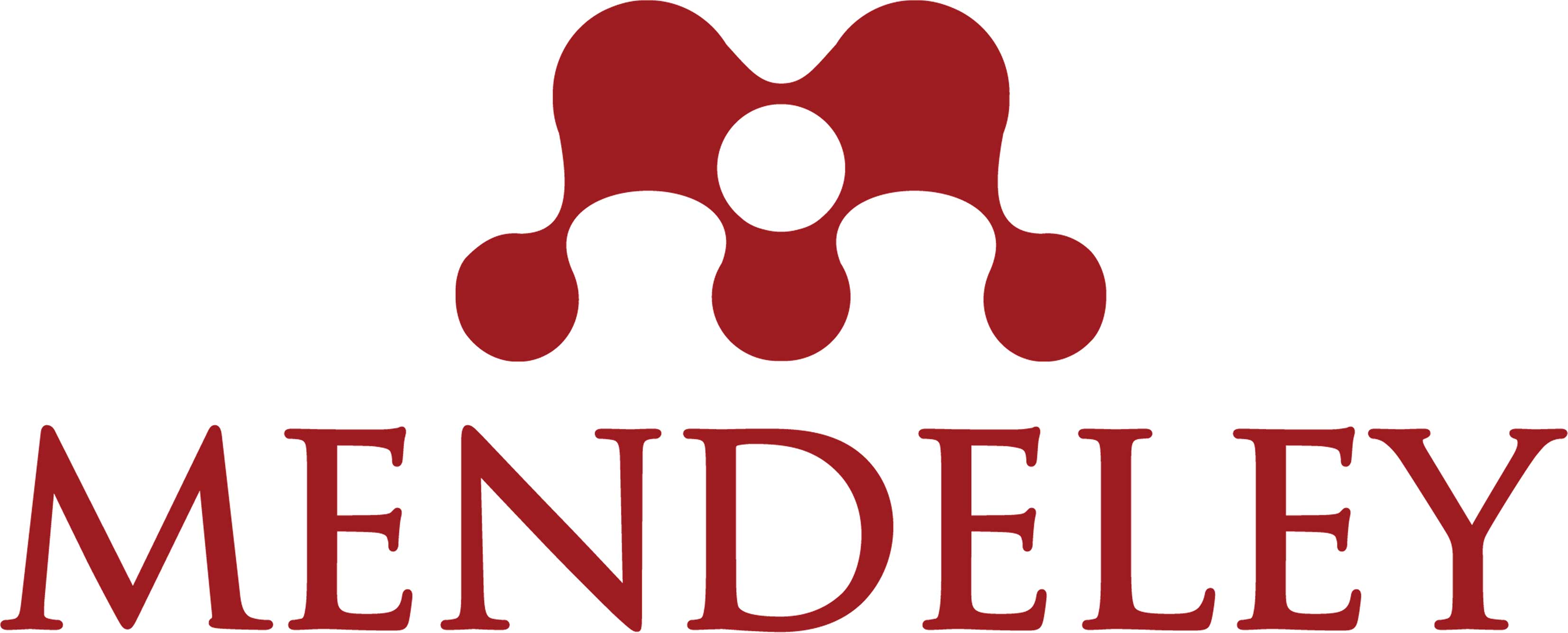A Functional Approach to the 2019 Indonesian Presidential Debate
DOI:
https://doi.org/10.17977/um064v2i92022p1305-1317Keywords:
functional theory, presidential debate, Indonesia, discursive functionAbstract
Abstract: The present study aims to describe the proportion of the second Indonesian presidential debate content, evaluate the applicability of functional theory, and express Joko Widodo's (candidate 01) and Prabowo Subianto's (candidate 02) communication styles according to the Functional Theory of Political Campaign Discourse by Benoit (2015). This study analyzed seven hypotheses from the functional theory under the fourth and fifth axioms using content analysis. The data of this study are the forty-one turns spoken by candidates in the second debate. The findings show that functional theory is suitable for identifying the debate content and describing the proportion of the themes, discursive strategies (acclaim, attack, and defense), topics (policy and character), and sub-topics (past deed, future plan, general goal, personal quality, leadership ability, and ideal). Six hypotheses are proven to be consistent with the prediction. However, the third hypothesis is partially confirmed in the debate as candidate 02 uses acclaim more than candidate 01. Further, both candidates utilize different communication styles; candidate 01 favors using acclaim and defense to establish preferability while candidate 02 chooses to claim and attack.
Keywords: functional theory; presidential debate; Indonesia; discursive function
Abstrak: Penelitian ini bertujuan untuk mendeskripsikan proporsi isi debat kedua presiden Indonesia, mengevaluasi penerapan teori fungsional, dan mengungkapkan gaya komunikasi Joko Widodo (calon 01) dan Prabowo Subianto (calon 02) menurut Teori Fungsional Wacana Kampanye Politik oleh Benoit (2015). Penelitian ini menganalisis tujuh hipotesis dari Teori Fungsional di bawah aksioma keempat dan kelima menggunakan analisis isi. Data penelitian ini merupakan empat puluh satu giliran yang diucapkan oleh para calon pada debat kedua. Temuan menunjukkan bahwa teori fungsional cocok untuk mengidentifikasi konten debat dan menggambarkan proporsi tema, strategi diskursif (acclaim, attack, dan defense), topik (policy dan character), dan subtopik (past deed, future plan, general goal, personal quality, leadership ability, dan ideal). Enam hipotesis terbukti konsisten dengan prediksi. Namun, hipotesis ketiga sebagian dikonfirmasi dalam debat karena kandidat 02 lebih banyak menggunakan pujian daripada kandidat 01. Selanjutnya, kedua kandidat menggunakan gaya komunikasi yang berbeda; kandidat 01 lebih memilih menggunakan acclaim dan defense untuk menetapkan preferensi sementara kandidat 02 memilih untuk acclaim dan attack.
Kata kunci: teori fungsional; debat presiden; Indonesia; fungsi diskursif
References
Aalberg, T., & Jenssen, A. T. (2007). Do television debates in multiparty systems affect viewers? A quasi- experimental study with first-time voters. Scandinavian Political Studies, 30(1), 115–135. doi:10.1111/j.1467-9477.2007.00175.x
Benoit, W. L. (1999). Seeing spots: A functional analysis of presidential television advertisements, 1952-1996. Westport, Conn: Praeger.
Benoit, W. L. (2015). Theory and method: Functional theory of political campaign discourse. In Political election debates: Informing voters about policy and character (pp. 9–30). Lanham: Lexington Books.
Benoit, W. L., & Benoit-Bryan, J. M. (2013). Debates come to the United Kingdom: A functional analysis of the 2010 British prime minister election debates. Communication Quarterly, 61(4), 463–478. doi:10.1080/01463373.2013.799513
Benoit, W. L., & Hansen, G. J. (2004). Presidential debate watching, issue knowledge, character evaluation, and vote choice. Human Communication Research, 30(1), 121–144. doi:10.1111/j.1468-2958.2004.tb00727.x
Benoit, W. L., & Harthcock, A. (1999). Functions of the great debates: Acclaims, attacks, and defenses in the 1960 presidential debates. Communication Monographs, 66(4), 341–357. doi:10.1080/03637759909376484
Benoit, W. L., & Henson, J. R. (2007). A functional analysis of the 2006 Canadian and 2007 Australian elec-tion debates. Argumentation and Advocacy, 44(1), 36–48. doi:10.1080/00028533.2007.11821676
Benoit, W. L., & Wells, W. T. (1996). Candidates in conflict persuasive attack and defense in the 1992 presiden-tial debates. Tuscaloosa: University of Alabama Press.
Benoit, W. L., Blaney, J. R., & Pier, P. M. (1999). Campaign '96: A functional analysis of acclaiming, attacking, and defending. Westport, CT: Praeger.
Benoit, W. L., Hansen, G. J., & Verser, R. M. (2003). A meta-analysis of the effects of viewing U.S. presiden-tial debates. Communication Monographs, 70(4), 335–350. doi:10.1080/0363775032000179133
Benoit, W. L., McKinney, M. S., & Holbert, R. L. (2001). Beyond learning and persona: Extending the scope of presidential debate effects. Communication Monographs, 68(3), 259–273. doi:10.1080/03637750128060
Benoit, W. L., Wen, W., & Yu, T. (2007). A functional analysis of 2004 Taiwanese political debates. Asian Journal of Communication, 17(1), 24–39. doi:10.1080/01292980601114521
Carlin, D. P., Howard, C., Stanfield, S., & Reynolds, L. (1991). The effects of presidential debate formats on Clash: A comparative analysis. Argumentation and Advocacy, 27(3), 126–136. doi:10.1080/00028533.1991.11951517
Choi, Y. S., & Benoit, W. L. (2013). A functional analysis of the 2007 and 2012 French presidential debates. Journal of Intercultural Communication Research, 42(3), 215–227. doi:10.1080/17475759.2013.827584
Cmeciu, C., & Patrut, M. (2010). A functional approach to the 2009 Romanian presidential debates. Case Study: Crin Antonescu versus Traian Băsescu. Journal of Media Research, 3, 31–41. Retrieved from https://www.ceeol.com/search/article-detail?id=208853
CNN Indonesia. (2019, February 19). Full debat kedua capres 2019, Joko Widodo dan Prabowo Subianto [Vid-eo file]. Retrieved from https://www.youtube.com/watch?v=Ck4gJyO4GMc
Coleman, S. (2000). Meaningful political debate in the age of the soundbite. In S. Coleman (Ed.), Televised election debates: International perspectives (p. 124). New York: St. Martin’s Press.
Fridkin, K., Kenney, P., Gershon, S., & Woodall, G. S. (2008). Spinning debates: The impact of the news me-dia's coverage of the final 2004 presidential debate. The International Journal of Press/Politics, 13(1), 29–51. doi: 10.1177/1940161207312677
Hrbková, L., & Zagrapan, J. (2014). Slovak political debates: Functional theory in a multi-party system. Eu-ropean Journal of Communication, 29(6), 735–744. doi:10.1177/0267323114544864
Isotalus, P. (2011). Analyzing presidential debates: Functional theory and Finnish political communication culture. Nordicom Review, 32(1), 31–43. doi:10.1515/nor-2017-0103
Jennings, F. J., Warner, B. R., McKinney, M. S., Kearney, C. C., Funk, M. E., & Bramlett, J. C. (2020). Learning from presidential debates: Who learns the most and why? Communication Studies, 71(5), 896–910. doi:10.1080/10510974.2020.1807377
Lee, C., & Benoit, W. L. (2005). A functional analysis of the 2002 Korean presidential debates. Asian Journal of Communication, 15(2), 115–132. doi:10.1080/01292980500118193
McKinney, M. S., & Chattopadhyay, S. (2007). Political engagement through debates: Young citizens' reac-tions to the 2004 presidential debates. American Behavioral Scientist, 50(9), 1169–1182. doi:10.1177/0002764207300050
McKinney, M. S., & Warner, B. R. (2013). Do presidential debates matter? Examining a decade of campaign debate effects. Argumentation and Advocacy, 49(4), 238–258. doi:10.1080/00028533.2013.11821800
Paatelainen, L., Croucher, S., & Benoit, W. (2016). A functional analysis of the Finnish 2012 presidential elections. Studies in Media and Communication, 4(2), 70–80. doi:10.11114/smc.v4i2.1826
Pfau, M. (2002). The subtle nature of presidential debate influences. Argumentation and Advocacy, 38(4), 251–261. doi:10.1080/00028533.2002.11821571
Shaw, D. (1999). A study of presidential campaign event effects from 1952 to 1992. The Journal of Politics, 61(2), 387–422. doi: 10.2307/2647509
Wahyuningsih, W., & Nirmala, D. (2020). The application of functional theory: Indonesian presidential de-bate. ASIAN TEFL Journal of Language Teaching and Applied Linguistics, 5(1). doi:10.21462/asiantefl.v5i1.111
Winneg, K., & Jamieson, K. H. (2017). Learning from the 2016 U.S. general election presidential debates. American Behavioral Scientist, 61(4), 362–378. doi:10.1177/0002764217702770
Downloads
Additional Files
Published
How to Cite
Issue
Section
License
Copyright (c) 2022 Annida Ul Hidayah, Siusana Kweldju

This work is licensed under a Creative Commons Attribution-ShareAlike 4.0 International License.





























